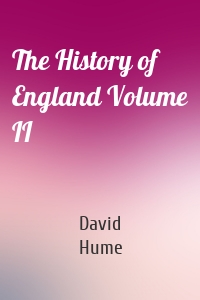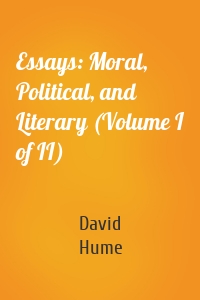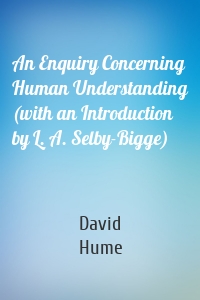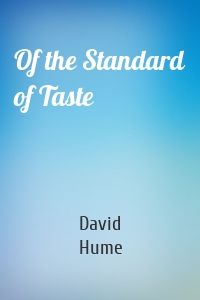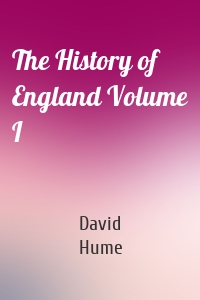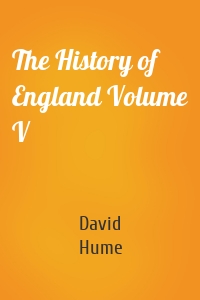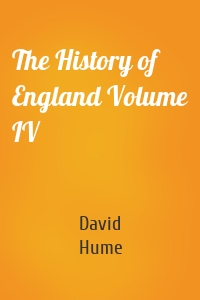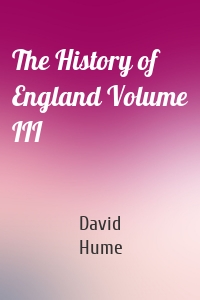David Hume
59 кн.
The History of England Volume II
Volume II covers the tumultous period from Henry III through Edward V and Richard III, including the War of the Roses, the struggle between the Houses of York and of Lancaster for the throne.
| Автор | David Hume |
Essays: Moral, Political, and Liter...
David Hume (1711-1776) is regarded as one of the most significant literary figures in the history of the Scottish Enlightenment and Western philosophy. A Scottish born historian, philosopher, economist, and essayist, Hume is especially known for his concentration in philosophical empiricism and skepticism. He is often grouped with a handful of other British Empiricists of the time such as John Locke and George Berkeley. As a strong empiricist and a prominent figure in the skeptical philosophical...
| Автор | David Hume |
An Enquiry Concerning Human Underst...
Disappointed by the public reception to “A Treatise of Human Nature”, published anonymously between 1739 and 1740, David Hume decided to produce a shorter more polemic version of that work nearly ten years later. That revision, which was published in 1748, would be entitled “An Enquiry Concerning Human Understanding”. Dispensing with much of the extraneous material from the “Treatise”, Hume focuses on his more vital propositions in the “Enquiry”. Proceeding in incremental steps Hume discusses...
| Автор | David Hume |
The Natural History of Religion
"The Natural History of Religion" by David Hume. Published by Good Press. Good Press publishes a wide range of titles that encompasses every genre. From well-known classics & literary fiction and non-fiction to forgotten−or yet undiscovered gems−of world literature, we issue the books that need to be read. Each Good Press edition has been meticulously edited and formatted to boost readability for all e-readers and devices. Our goal is to produce eBooks that are user-friendly and...
| Автор | David Hume |
Of the Standard of Taste
"Of the Standard of Taste" by David Hume. Published by Good Press. Good Press publishes a wide range of titles that encompasses every genre. From well-known classics & literary fiction and non-fiction to forgotten−or yet undiscovered gems−of world literature, we issue the books that need to be read. Each Good Press edition has been meticulously edited and formatted to boost readability for all e-readers and devices. Our goal is to produce eBooks that are user-friendly and accessible to...
| Автор | David Hume |
The History of England Volume I
Volume I surveys pre-Roman Britain, the Anglo-Saxons, the Norman Conquest, and the kings of England from William I through John, and ends with a comparison of the feudal and the Anglo-Norman systems of government in England.
| Автор | David Hume |
The History of England Volume V
Volume V details the accession of James I and the establishment of the Stuart dynasty, the heightened tensions between the king and parliament as the kingdom grappled with the questions of absolute rule and the problems of religion, continuing into the reign of Charles I, the civil war, and the execution of Charles.
| Автор | David Hume |
The History of England Volume IV
Volume IV covers the reign of Elizabeth, perhaps the greatest monarch England ever had, including her struggles with and eventual defeat of Mary Queen of Scots.
| Автор | David Hume |
The History of England Volume III
Volume III examines the early Tudor period, from Henry VII through Edward VI, Lady Jane Grey, and Mary I, with an appendix discussng toleration.
| Автор | David Hume |
The History of England Volume VI
Volume VI discusses the Commonwealth established by Oliver Cromwell, the Stuart Restoration, making Charles II king, succeeded by his brother, James II, the abdication of James, and Parliament's offer of the Act of Settlement, and the accession of William and Mary.
| Автор | David Hume |


